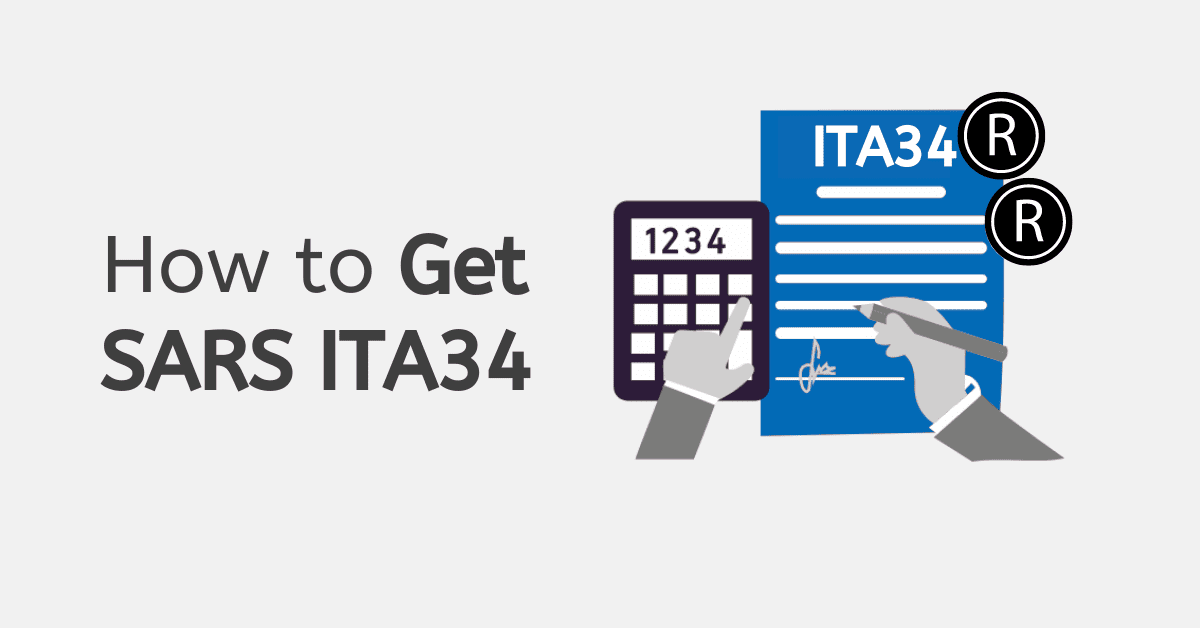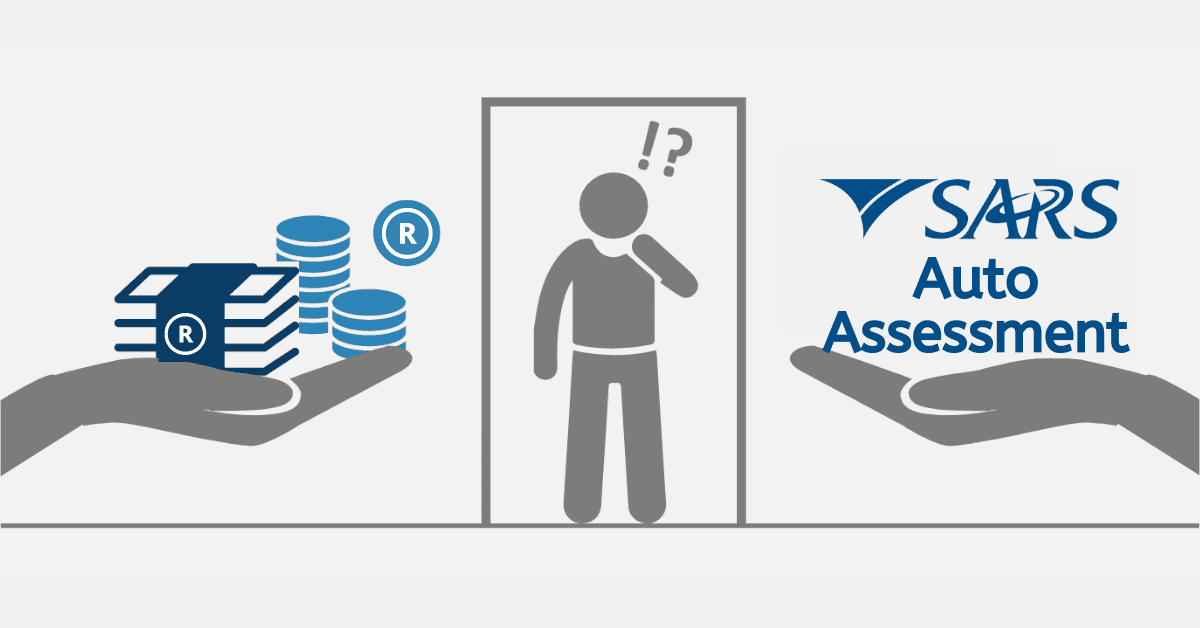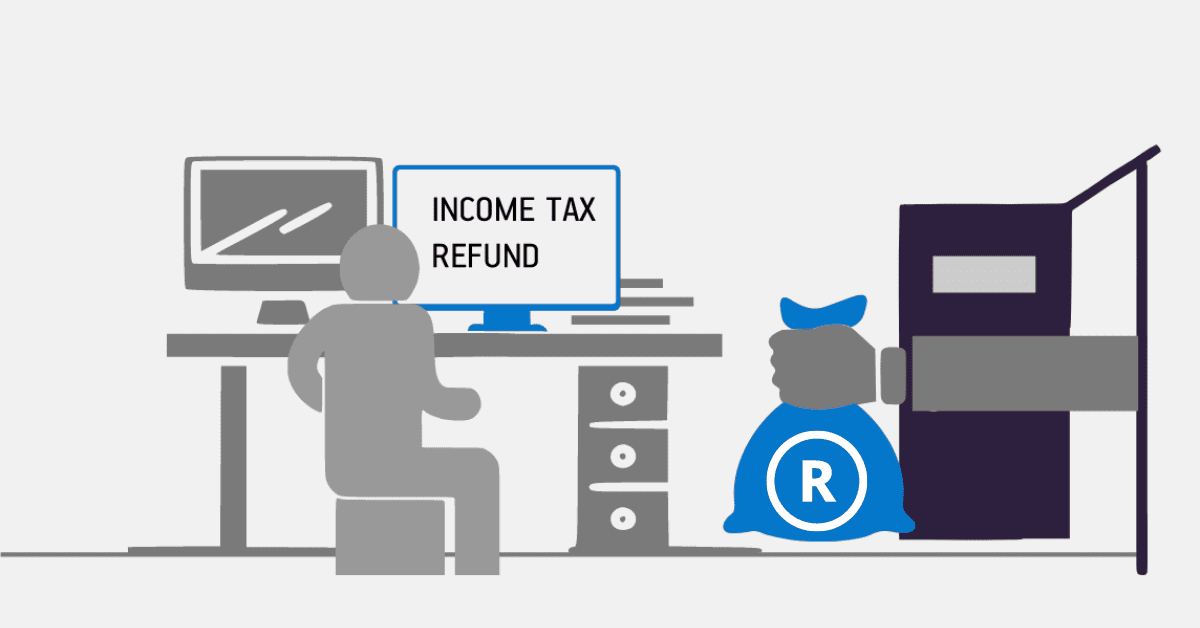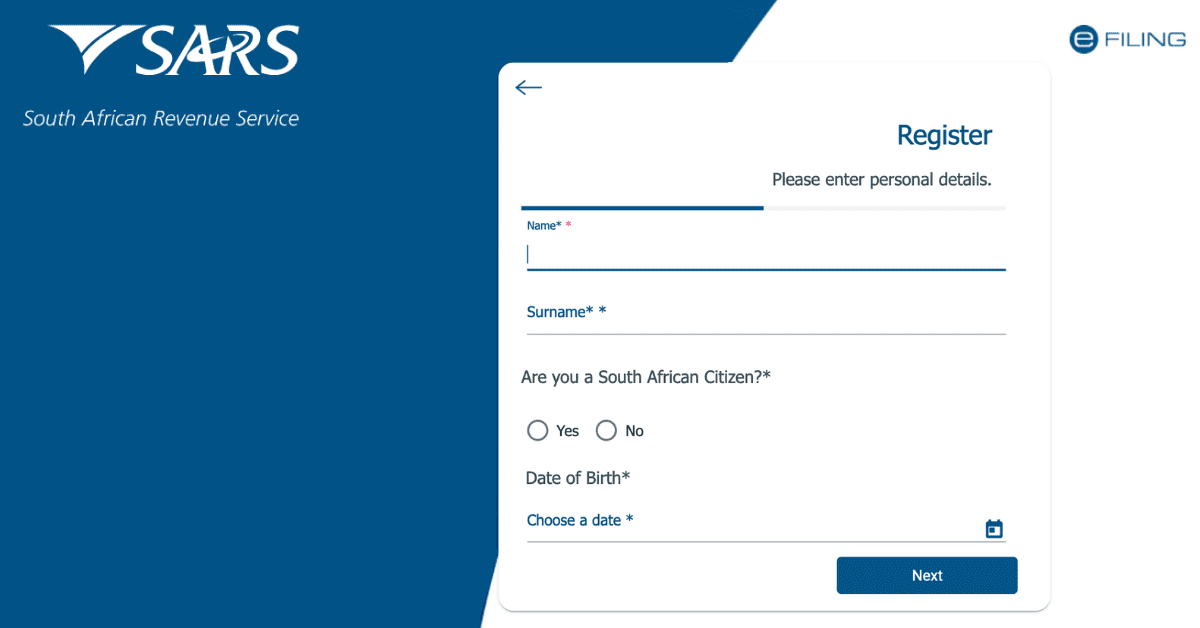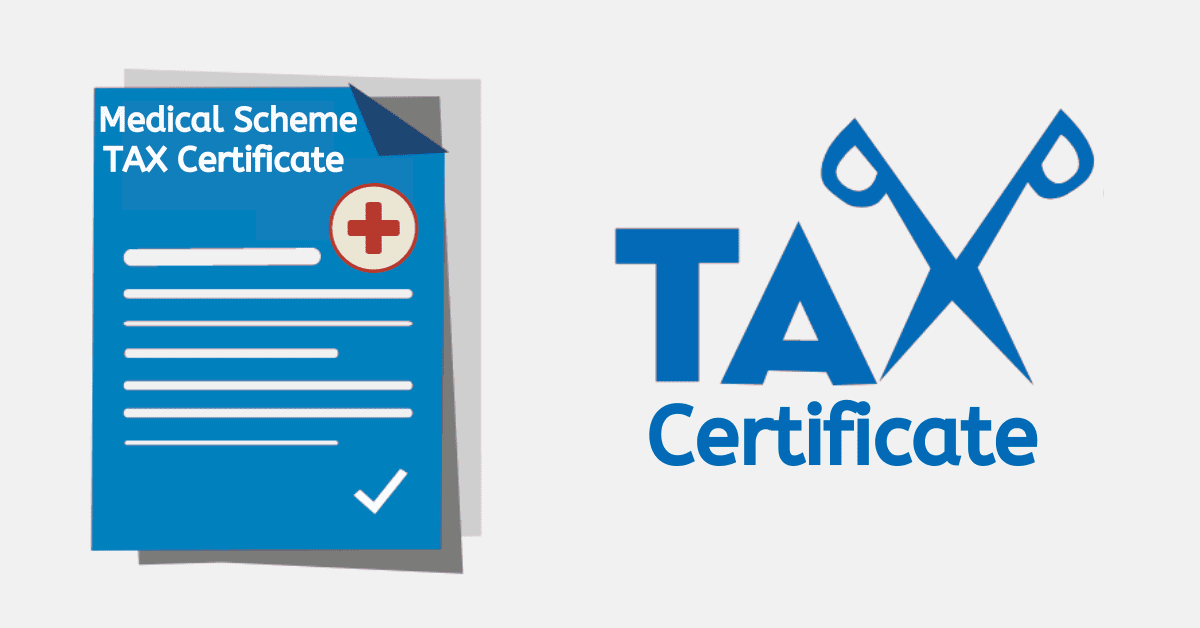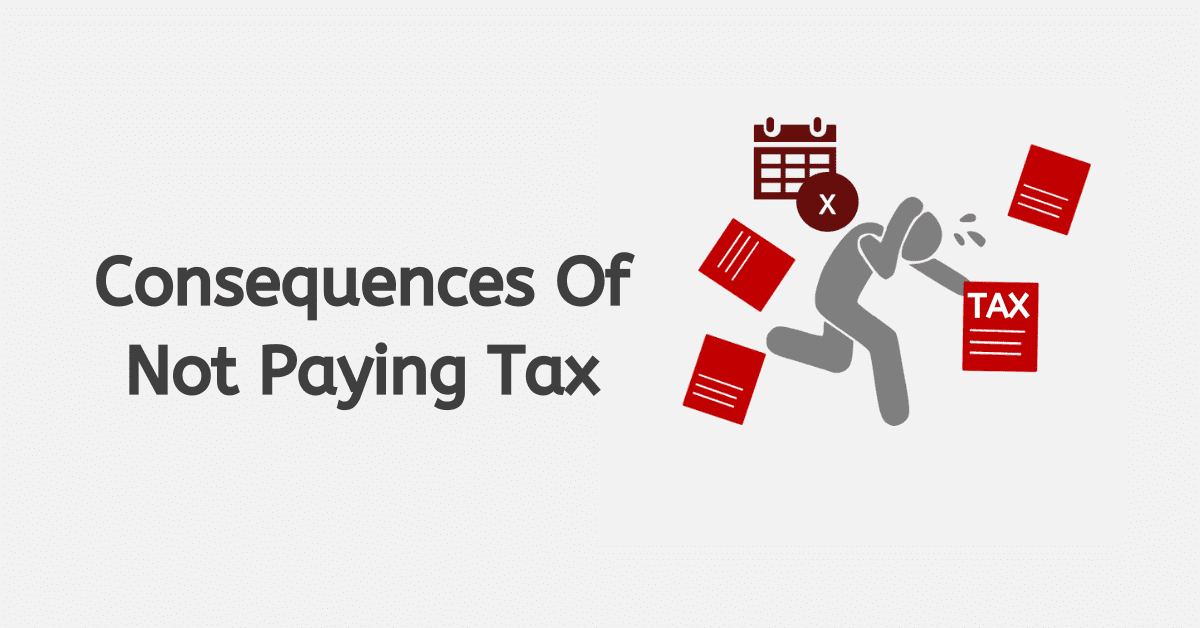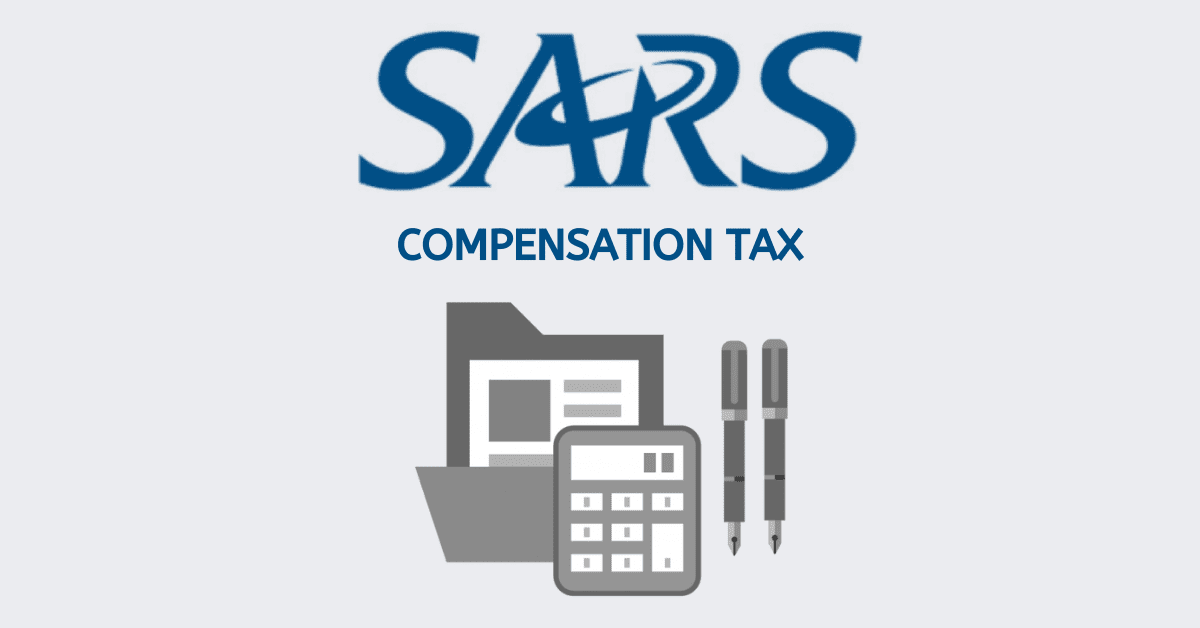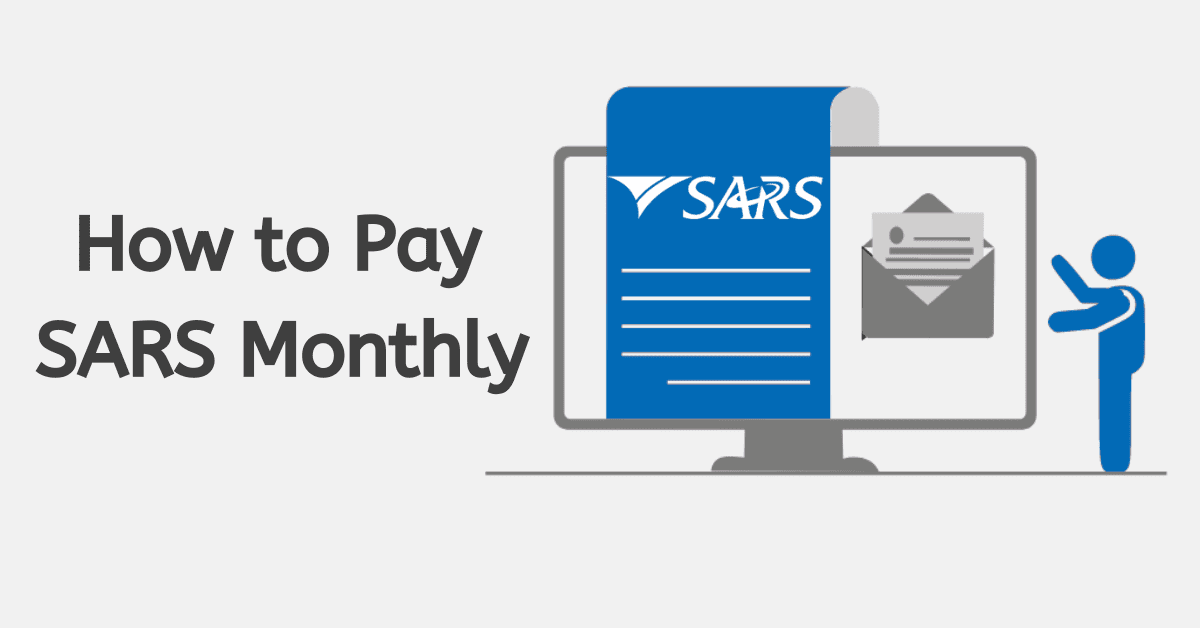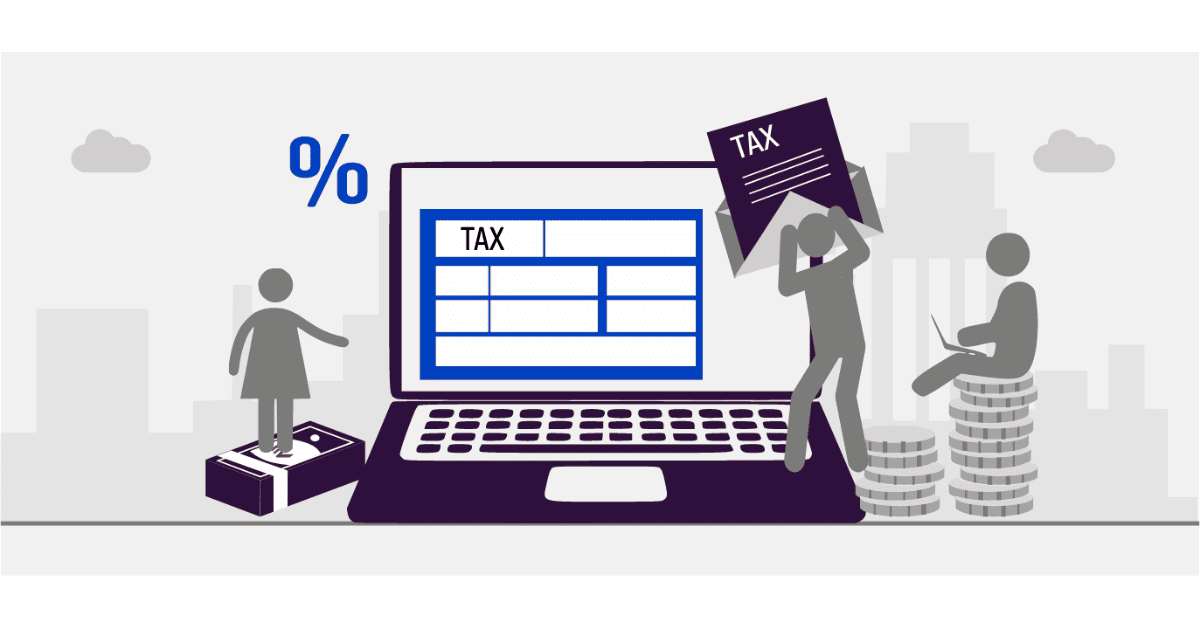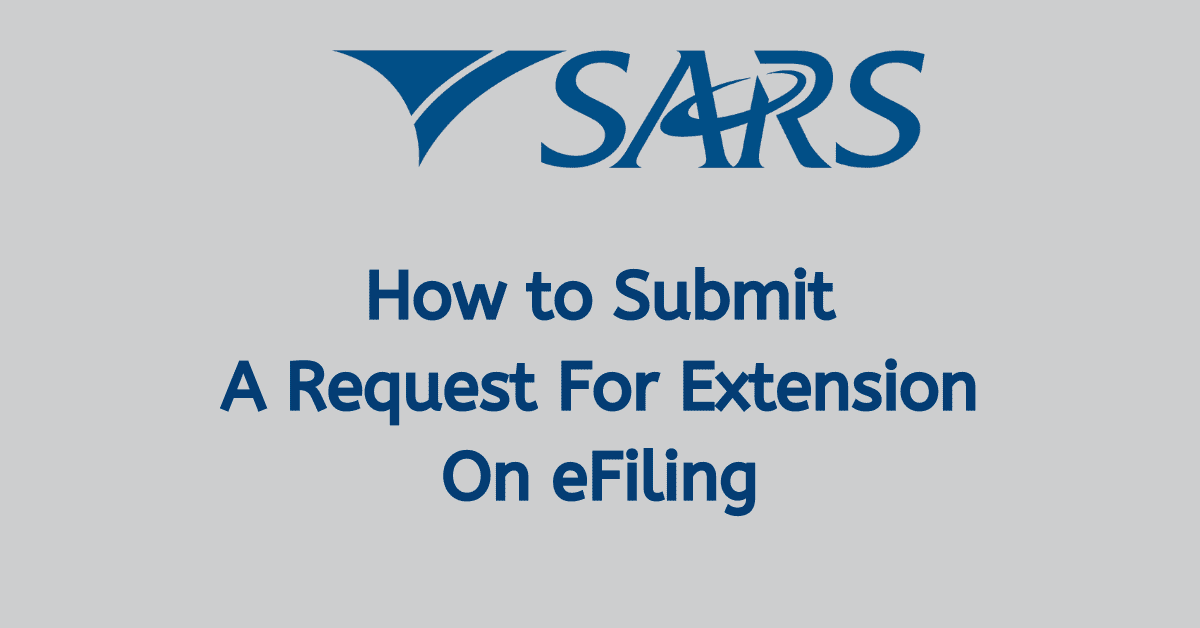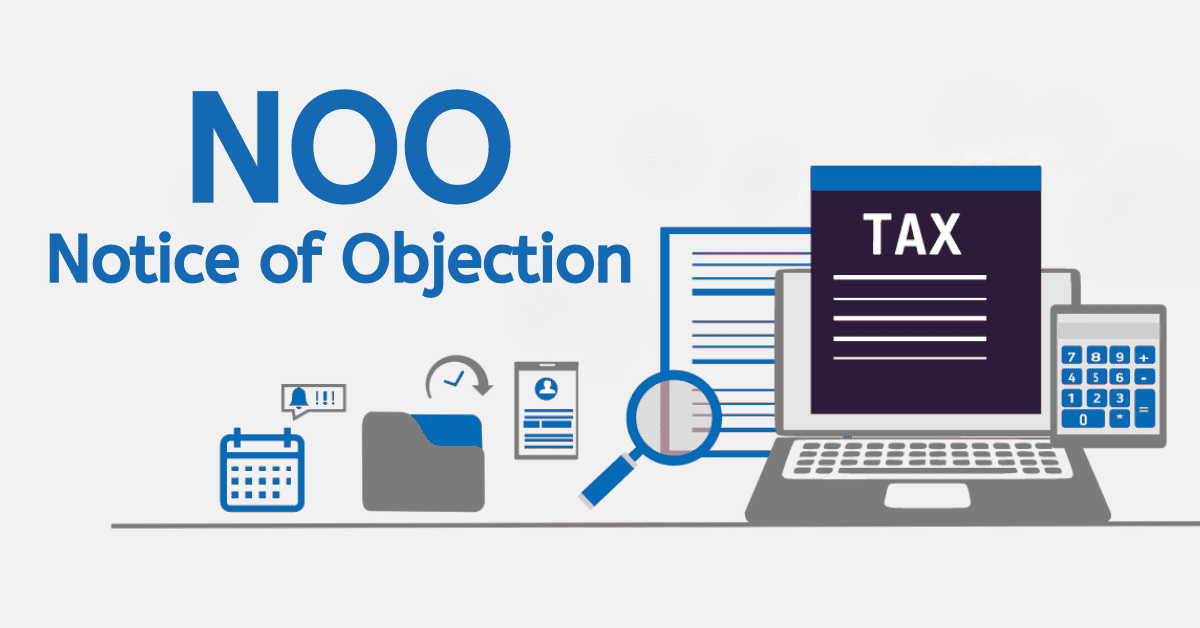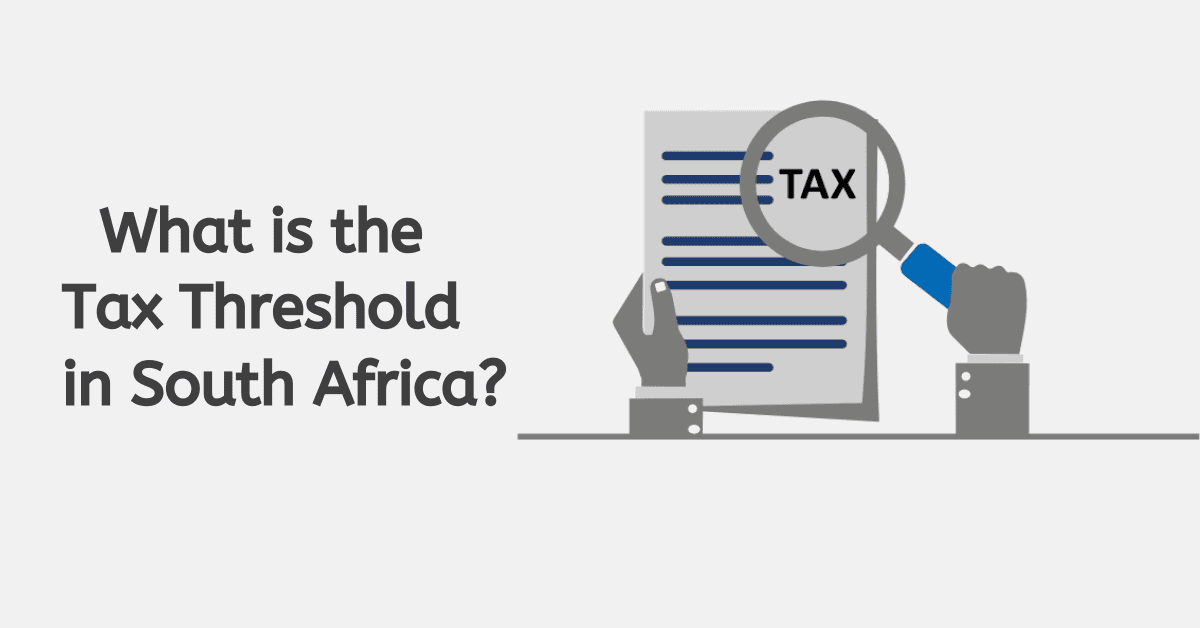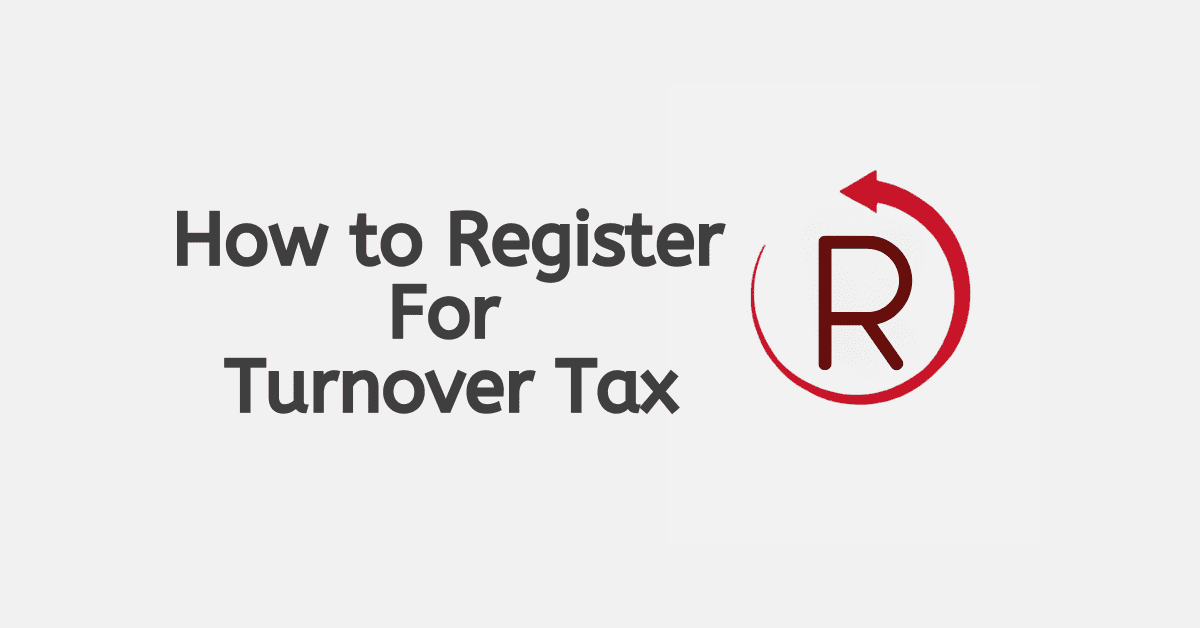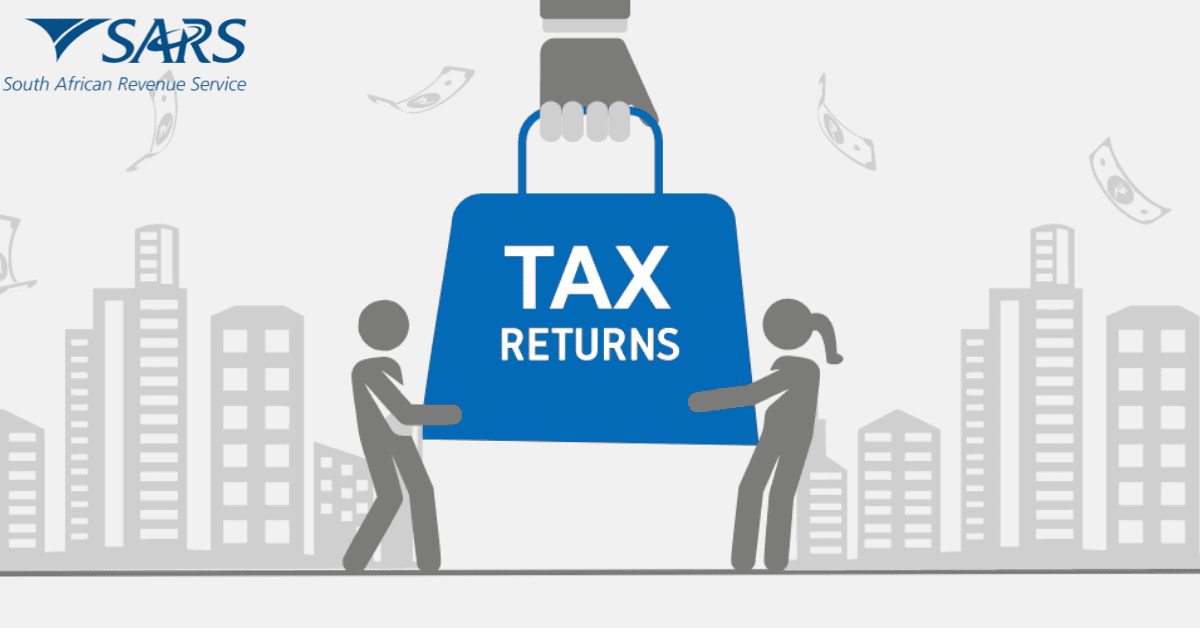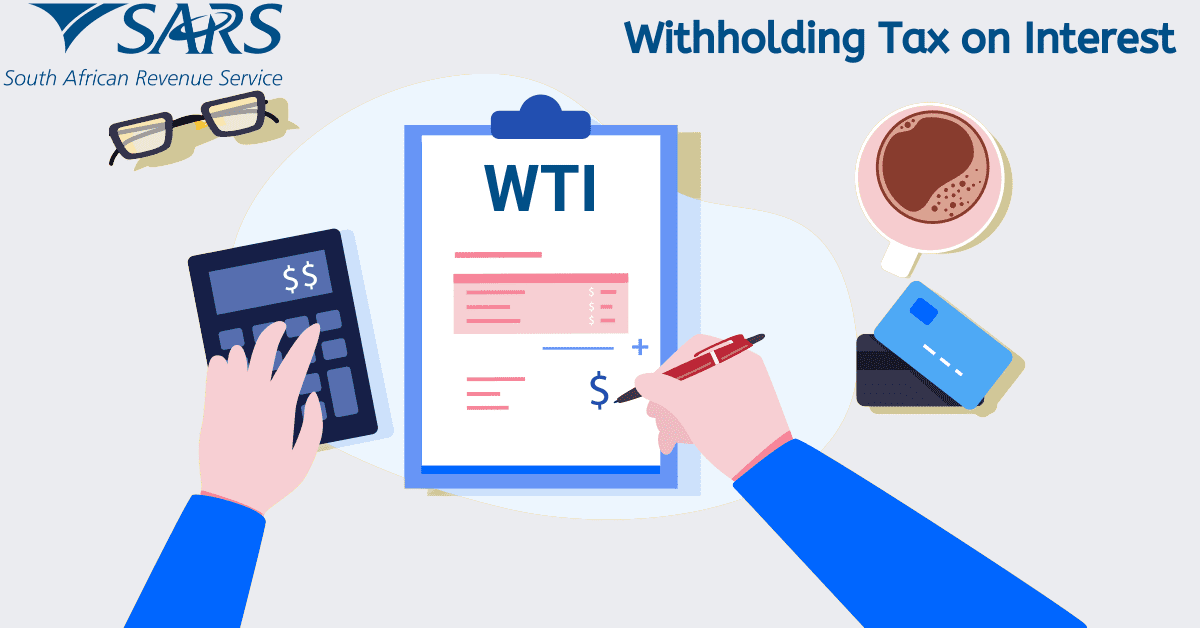When you file your income tax every year, there is a set of ‘deductions’ you can claim back. These vary based on the type of employment, your industry, and other factors. For most employed persons in South Africa, one of the most common (and important) tax deductions open to you is the two types of medical expense deductions: the medical schemes tax credit and the additional medical expenses tax credit. Today, we will look at both of these in greater depth to assist you during this tax season.
How Much in Medical Expenses can be Claimed for Tax?
As it is calculated based on your taxable income, the amount of medical expenses claimed for tax will vary by person. To reiterate, there are two types of medical expense claims in South Africa- the Medical Schemes Tax Credit (MTC) and the Additional Medical Expenses Tax Credit (AMTC). These have different qualifications and thresholds.
The MTC is a rebate based on your medical aid contributions throughout the year. You have to be paying into a medical aid scheme to claim this amount. It is a fixed monthly rebate, and the number of dependents on your medical aid scheme will affect the exact amount you are entitled to. In the 2026/26 tax year, this is R364 per month for the main member. This rises to R728 per month for the main member and one dependant, with a further R246 per month for each additional dependant. The number of dependents is capped.
The Additional Medical Expenses Tax Credit allows you to claim additional medical expenses for tax. It is more complex. For most people under 65, you can claim back 25% of qualifying medical expenses that were more than 7.5% of your taxable income. Persons with disabilities or disabled dependents and those over 65 can claim back 33.3% of this amount. This is capped at R169,800.
You can also claim back the same percentages (25% or 33.3%) of excess medical aid amounts (not covered by the MTC). What are excess medical aid amounts? For most people, this means amounts over 4 times the MTC. For the disabled or older person, this drops amounts over 3 times the MTC.
What Qualifies as a Qualified Medical Expense?
The medical expenses that can be claimed for tax purposes under the AMTC include fees paid to registered medical practitioners, hospital and nursing home fees, medicine and medical supplies, and certain other related expenses. However, expenses that are covered by medical aid or insurance are not eligible for deduction.
The following are examples of qualified medical expenses that can be claimed for tax deduction purposes in South Africa:
- Fees paid to registered medical practitioners, including doctors, dentists, physiotherapists, and other healthcare professionals.
- Expenses incurred for medical or dental procedures, such as surgery, diagnostic tests, and x-rays.
- Hospital and nursing home fees, including expenses for meals and accommodation during the period of treatment.
- Expenses for prescription medications and medical supplies, such as hearing aids, contact lenses, and wheelchairs.
- Expenses incurred for medical aids and devices, such as crutches and walking frames.
- Certain travel expenses incurred for medical treatment, such as transport to and from medical appointments or to obtain medication.
When Can Medical Expenses be Claimed?
You will typically make these claims as part of your income tax return during South Africa’s tax season. This means you are responsible to pay every month through the year, and will then claim your deductions back when you submit your IT12 each year. However, the self-employed who have to submit an IRP6 twice a year will note that there is a section to remove these expenses from your total tax due on the IRP6 form, too. You will then finalize these amounts with your income tax return.
What are Examples of Medical Expenses?
We’ve listed some medical expenses eligible for rebates above, but here are some more:
- Fees paid to registered medical practitioners, including doctors, dentists, physiotherapists, chiropractors, psychologists, and other healthcare professionals.
- Hospital and nursing home fees, including expenses for accommodation, meals, and nursing care during the period of treatment.
- Expenses for medical or dental procedures, such as surgery, diagnostic tests, and X-rays.
- Expenses for prescription medication and medical supplies, such as hearing aids, contact lenses, and wheelchairs.
- Expenses for medical aids and devices, such as crutches and walking frames.
- Certain travel expenses incurred for medical treatment, such as transport to and from medical appointments or to obtain medication.
- Expenses for private nursing services provided at home.
Provided it is an expense incurred while seeking treatment with a recognised health practitioner, it is likely to qualify as a qualified expense. You can always contact the SARS helpline for assistance or a tax practitioner, should you have doubts.
Do You Need Receipts to Claim Medical Expenses?
It is important to keep all receipts and documentation related to medical expenses to support your claim for deduction and to ensure that you comply with all other relevant tax laws and regulations. SARS will not simply accept your claims- you must be able to prove them. However, you will typically only have to submit these proofs if you are chosen for a random audit. You should still have them on-hand for every year you want to make a claim.
Leveraging your medical aid deductions and other medical expense deductions is a smart way to not only provide for yourself medically but also receive a reduced tax amount annually, so everyone should leverage these expenses to their benefit.
